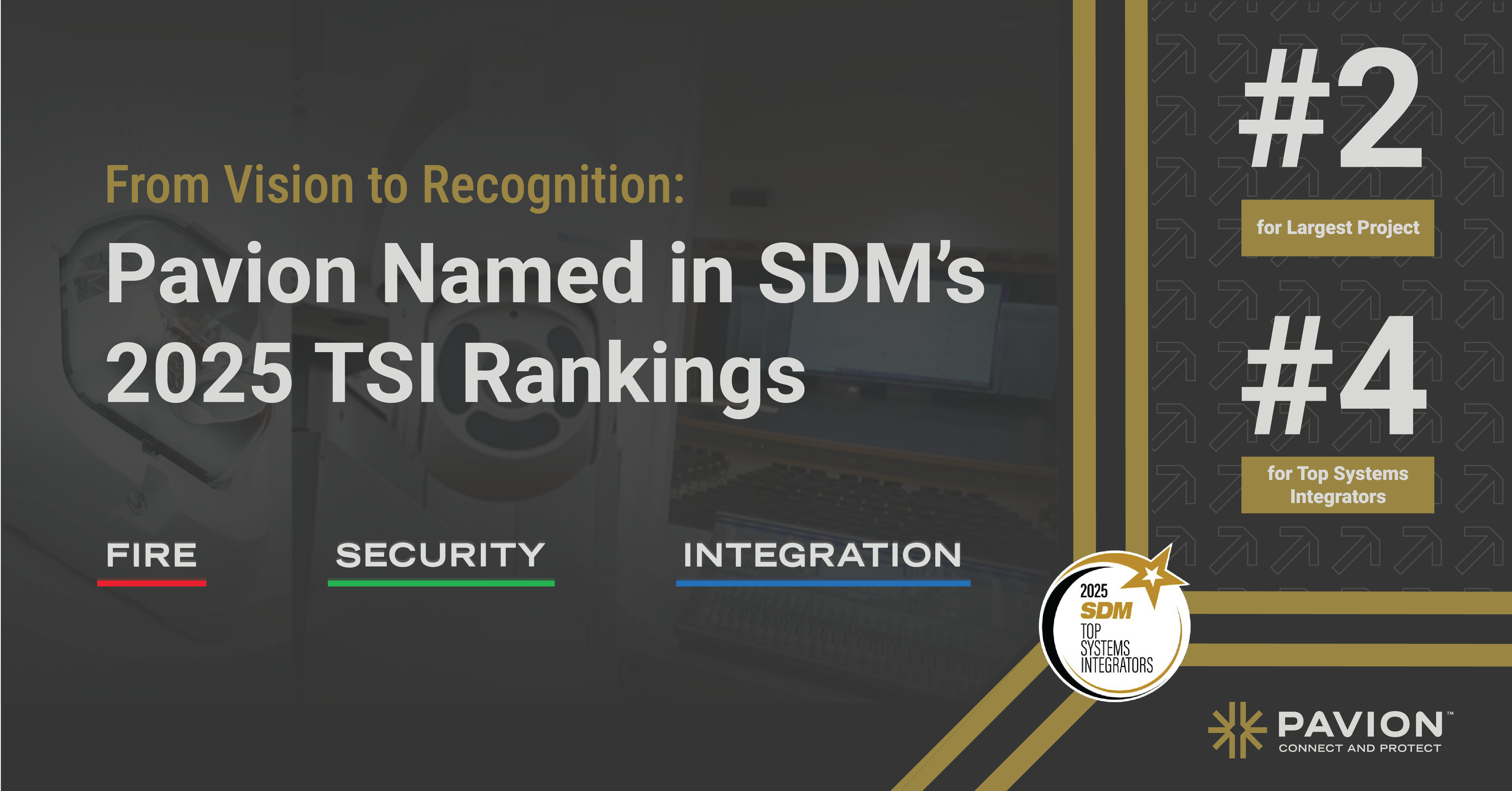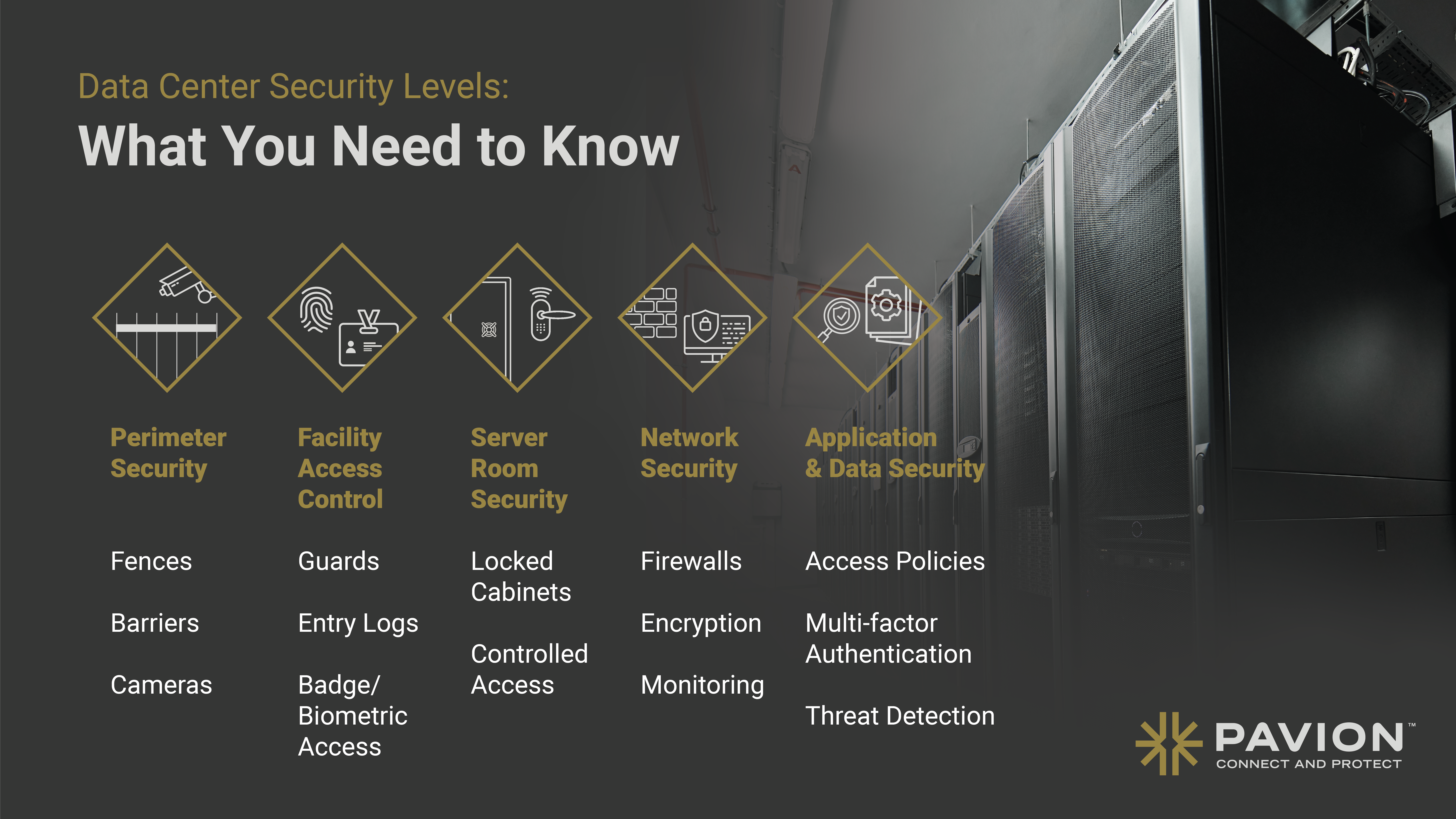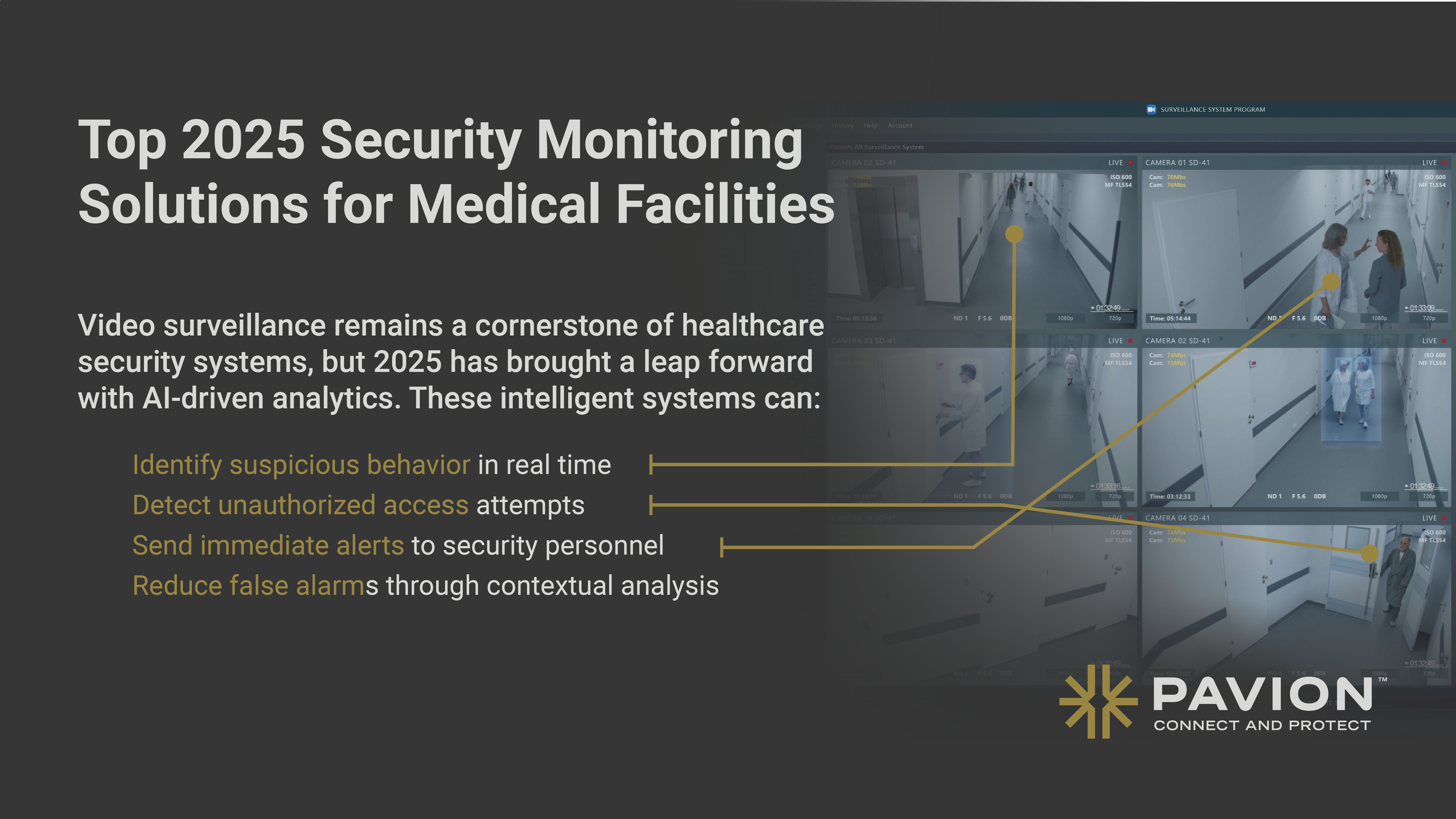
Conventional or addressable fire alarms which is the right choice for you
You’ve decided it’s time to replace your existing fire alarm system. Maybe you’ve significantly expanded your facility’s footprint, bringing on more staff and therefore increasing your safety concerns. Or perhaps you’ve downsized your square-footage and want to explore how this may have changed your fire alarm needs. Or it could be that your current system is simply aging past its useful life, inspiring you to investigate the latest options. Whatever the reason, the next decision you’re faced with is determining the type of system—conventional or addressable—to buy. Although a Pavion fire alarm specialist is best suited to analyze your situation and guide you through the decision-making process, here’s a bit of information about both types to get you started.
Conventional Fire Alarms
In these hardware-based, analog systems, each detection device is connected to a zone which has its own wire connected to a central control panel. Because this equipment is fairly inexpensive, conventional systems cost less to purchase compared to addressable systems. But labor costs are higher because each zone of detection devices must be individually wired and connected to the control panel, making this a fairly time-consuming process.
Another consideration is that these systems cannot pinpoint which device was activated; alarms are identified by zone, usually identifying one floor or area only. This is why conventional systems are usually installed in smaller properties where there is less need for such specificity.
Addressable Fire Alarms
These systems are able to monitor every detection device—fire, smoke and carbon monoxide—installed in a building, pinpointing exactly where and what type of an alarm has been activated and what has triggered that activation. This capability is why addressable fire alarms are also known as “intelligent systems.” Even though a single wire can connect hundreds of alarm devices to a control panel, each one has its own unique identifier making it possible to swiftly assess the situation and respond.
These systems also afford properties greater flexibility and have more capabilities compared to conventional systems. And because only one wire can connect hundreds of devices to the control panel, less labor is required, lowering that cost. (Both ends of this wire are looped into the panel. If one end is disconnected, the devices will still function, making this system more reliable than some conventional systems.)
However, the equipment is more expensive compared to conventional systems, resulting in a higher purchase price. Typically, addressable systems are installed in larger, more complex buildings where the need to immediately identify and locate a threat is acute.
Decisions, Decisions
Even though conventional systems have their limitations, they should not automatically be ruled out. Depending on the property and the budget they may offer the perfect solution—not every business is going to need the expanded capabilities of an addressable system. Contact a Pavion fire safety expert who will help you determine exactly what is right for you.


